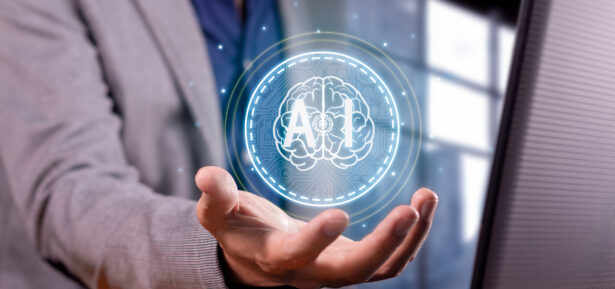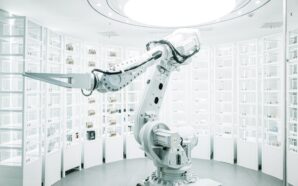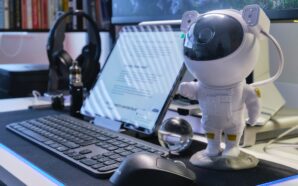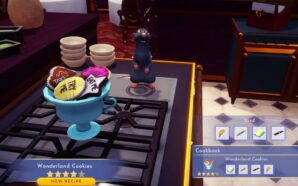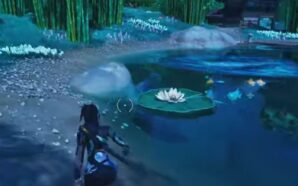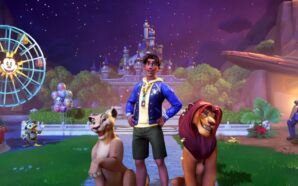Virtual Reality
Kicking off the new series Brain Power, special anchor Maria Shriver visits a teen socialization lab at the University of Texas at Dallas, where a virtual reality program helps teens develop their social skills despite such challenges as ADHD and Asperger’s syndrome. The teenage brain is a mysterious place. Parents want their teens to thrive and make friends, but many teens suffer from social anxiety.
There is new technology which is retraining their brains to become more socially confident. It looks like a video game but is really a virtual classroom teaching kids how to start conversations, and to overcome social anxiety, aggression, and bullying. There is a virtual reality program developed by a neuroscientist in Dallas, Texas located at the Center for Brain Health at University of Texas, Dallas.


First the teen’s social skills are tested before they go into the lab. This virtual lab allows kids to practice simulated social interactions and to receive feedback from a counselor while “interacting” with another teen or adult on the computer. This allows them to try again if they don’t get it right the first time, whereas in real life, you don’t. The program is 10 half hour sessions over 5 weeks and costs $1800 per student.
The results have been positive, showing better social skills in the teens who participate. They are working to try and bring this to more kids nationwide.
-
America’s Favorite Car, the Camry, Takes a Green Turn with Hybrid-Only 2025 Model. In a groundbreaking announcement, Toyota, the...
-
Rishi Sunak stresses the need for external control in managing AI risks at the AI Safety Summit. UK Prime...
-
Tech Billionaire Proposes Renaming Wikipedia to ‘Dickipedia’ in Exchange for Record Donation In a recent social media spectacle, tech...
-
A recent investigation by the Wall Street Journal has exposed Instagram’s alleged involvement in facilitating illegal activities, particularly concerning...
-
NASA is seeking public help with the Daily Minor Planet project. The Daily Minor Planet Project is a...
-
The rise of electric vehicles (EVs) has been a hot topic for the last several years, but what is...
-
If you remember the classic story of Alice in Wonderland, you probably remember the part where Alice stumbles upon...
-
While Pokemon Go is a social game first and foremost, it can be a little difficult to communicate and...
-
In its more recent seasons, Fortnite has gotten steadily more ambitious with its use of NPC characters. Long gone...
-
As any Fortnite player can tell you, Fortnite is a game with a heavy emphasis on motion. You gotta...
-
If there’s one classic Disney movie that got kids interested in the wildlife of Africa, it was The Lion...
-
Throughout Coffee Talk’s cast of humans and humanoids, one of the major standouts is Neil, a mysterious alien lifeform...


